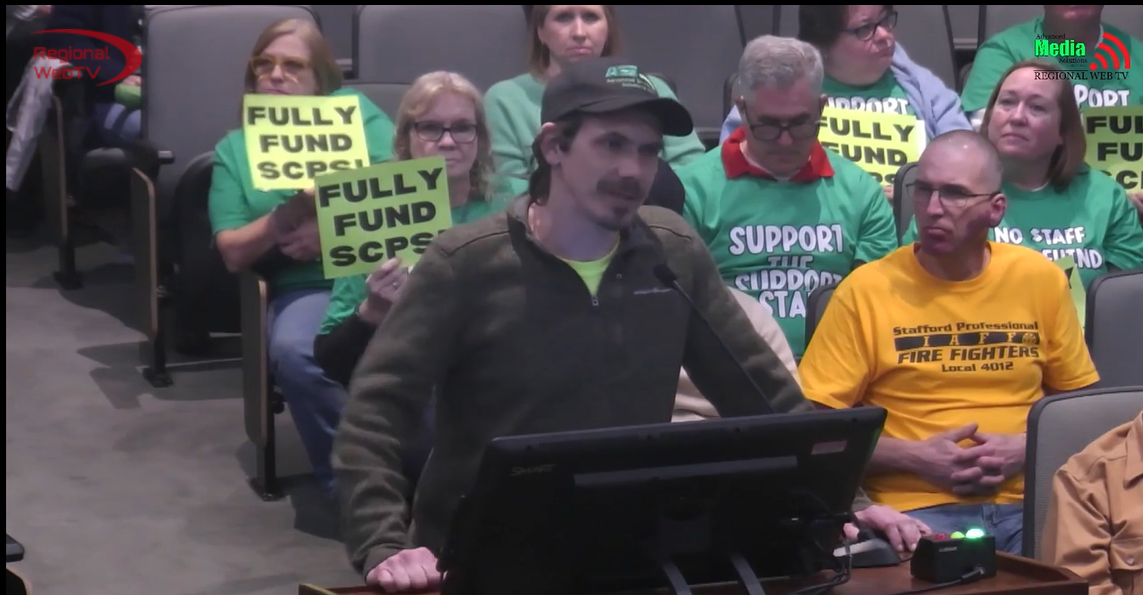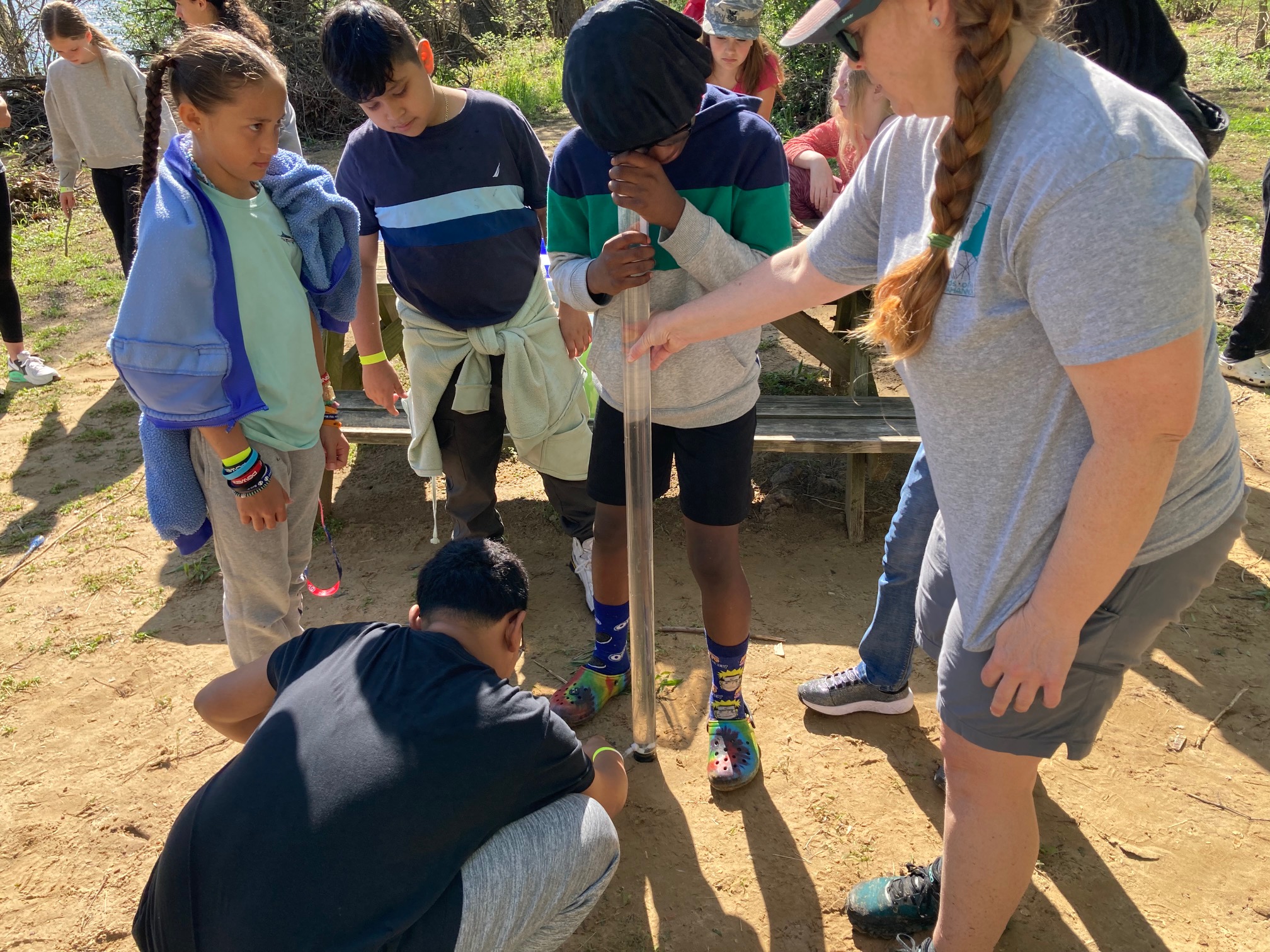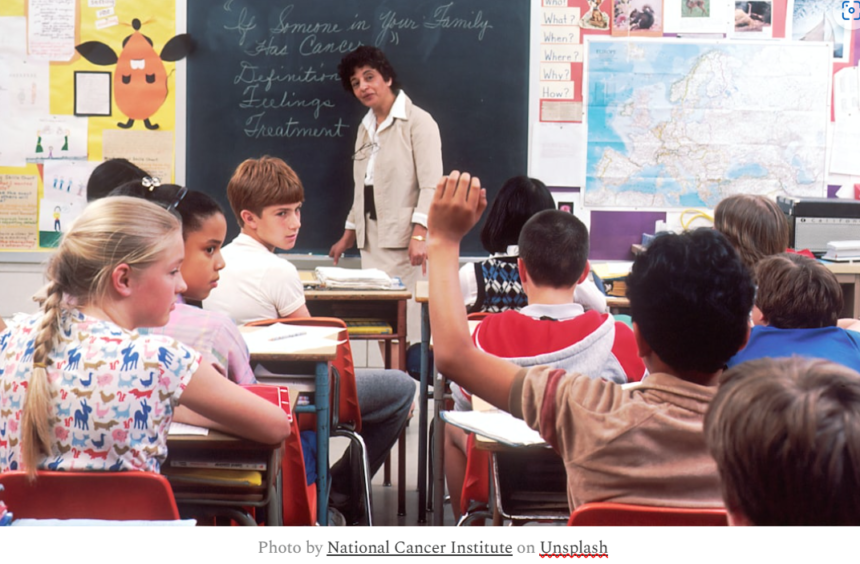
The University of Mary Washington on Tuesday announced the Tuition Promise, which will provide full tuition to in-state students who qualify for the federal Pell Grant.
The initiative will be in place for the 2024-25 academic year. Students who complete the free application for federal student aid, or FAFSA, and are found eligible will receive the financial assistance to close “any gap in tuition funding,” the university announced in a press release.
The State Council of Higher Education for Virginia, or SCHEV, awarded nearly $4 million over four years to support Pell-eligible students, according to the press release.
“UMW has long been committed to student success from entry to completion and even life and career after graduation,” said UMW Provost Tim O’Donnell in the press release. “This grant energizes these efforts because it provides both the financial and human resources to help students stay on track to realizing their goals.”
The press release encourages students whose families have an annual gross income of $100,000 or less to complete the application for both UMW and the FAFSA when it opens this month.
The Pell Grant is the largest federal need-based grant, awarded to undergraduate students on a sliding scale based on students’ and families’ financial strength, according to SCHEV. Unlike a loan, the Pell Grant does not need to be repaid.
Nationwide, 33% of undergraduate students attending four-year public institutions receive a Pell Grant, according to data SCHEV reported in January of 2022.
The rate in Virginia is 26%. At UMW, 22% of students received the Pell Grant in the 2021, and the rate was the same for the two years before that.
The grant funding for Pell-eligible students at UMW will not cover fees or the cost of housing or dining, but these costs “may be covered through additional state grants, institutional gifts and financial aid, including student loans,” according to the press release.
“The grant funding for Pell-eligible students ensures that tuition is covered and they have one less financial challenge in college,” the press release states.
According to SCHEV’s 2021 report on financial aid at public institutions of higher education in Virginia, UMW students considered low-income had $12,887 in “unmet need” – the dollar figure remaining after accounting for gift aid and the student’s contribution.
Middle-income students had $11,224 in unmet need and high-income students had $5,718.
The average unmet need for low-income students statewide was $13,175, according to the report.
In order to increase its support for Pell-eligible students, UMW will also use the grant funding to open the Center for Student Transition, Access and Retention Services, or STARS, next year.
The funding will create two new positions, a retention specialist and a financial aid counselor, to support and encourage this student population and will “allow for direct financial support to cover shortfalls and provide emergency assistance.”
by Adele Uphaus
MANAGING EDITOR AND CORRESPONDENT





